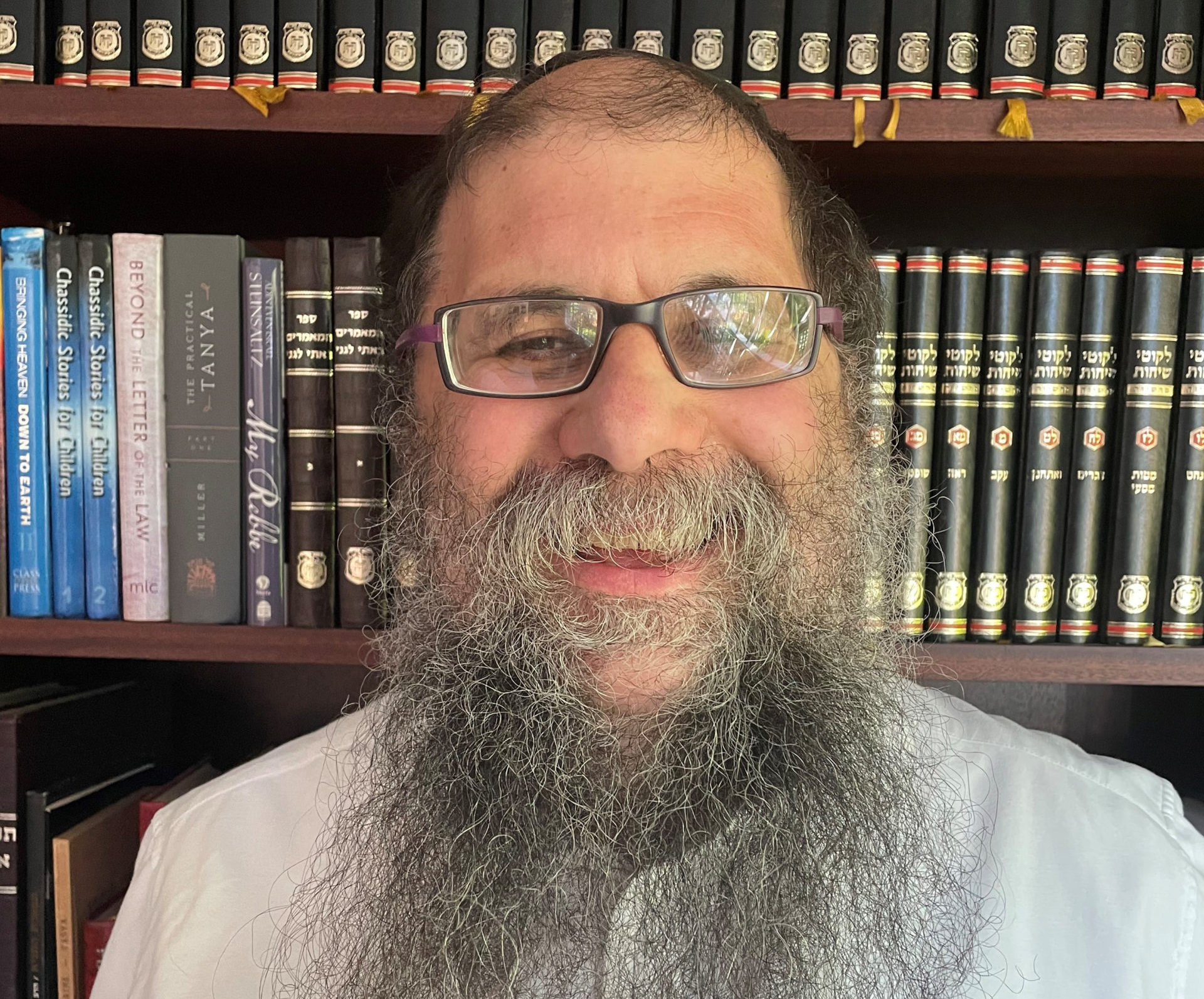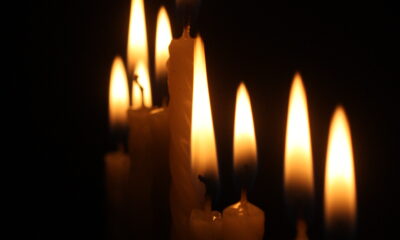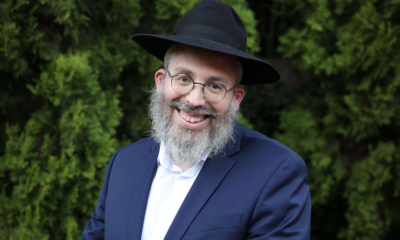
Parshot/Festivals

The war that we haven’t won yet
You have all heard the joke many times before. The summary of all Jewish holidays: “They tried to kill us. We won. Let’s eat.” To a large extent, this is true. Most of the chaggim on our calendar celebrate how our nation overcame an existential threat. As Jews, we obviously rejoice around the dining room table. In fact, it’s a mitzvah to do so: on Pesach, the seder; on Purim, the feast; on Sukkot, meals in the sukkah.
Then comes Chanukah. The exception to this slick summary. For in this case, they didn’t try to kill us, we didn’t really win the war, and there’s no obligation to eat.
Most of our festivals occur in the middle of the Jewish month, which is always at full moon. This is true of Pesach and Sukkot (15 Nissan and 15 Tishrei respectively), which mark freedom from Pharaoh and his attempts to physically destroy the Jewish nation. The same with Purim (14 Adar) which is the celebration of salvation from Haman’s plan to obliterate every Jew in the Persian Empire. Our calendar is lunar based because the moon is the symbol of the Jewish people, consistently waxing and waning. The full, bright orb in the sky is the symbol of that survival against ongoing physical danger.
The threat of Chanukah, however, wasn’t directed at our survival. It was an attempt to hijack our soul, to absorb us into the prevailing Greek culture. In fact, the enemy was happy for us to continue living, as long as the divine was stripped from our practices and customs. Their efforts were aimed at severing the connection between G-d and His people. The defenders of the faith were forced to wage battle against the oppressor to maintain religious freedom. Had we submitted, abandoned the Jewish way of life and assimilated, there would have been no fight at all.
Indeed, this festival begins on the 25th of the month and is celebrated as the moon is barely visible in the sky. We gained relief from edicts banning Torah precepts, but it wasn’t our moment of glory. On Chanukah, we won the battle, but we most definitely didn’t win the war. Even after the victory, the Jewish soul still remains in exile as the omnipresent threat of assimilation persists. Over the centuries, Antiochus has returned in many incarnations to attempt to sever the G-d-Jew connection. As a minority, we are still struggling to maintain independent practice and culture.
So, the commemoration of Chanukah doesn’t take place around the dining room table, a place where we satiate our physical bodies. It’s observed with the lighting of candles, symbol of the spirit and soul. The little lights of the menorah flicker to remember the survival of the Jewish neshoma and its eternal connection with the almighty. Eating is obviously not forbidden, but isn’t the core and focus of the celebration. The traditional foods, latkes and doughnuts, are deep fried in oil, symbolic of the menorah and the light.
So, we didn’t win the war then. But two millennia later, we’re nearly there. We now stand on the threshold of the era of Moshiach, when the connection between G-d and the Jewish soul will never be threatened again. So, the chanukiah that we light has space for eight candles. Eight is the number of strings on Moshiach’s harp. For as we gaze at the little flames that remind us of the battles we have won, we look wistfully and longingly towards the day when the war will finally be won for good.
- Rabbi Yossi Chaikin is the rabbi at The Oxford Synagogue Centre, and chairman of the Rabbinical Association of South Africa.










